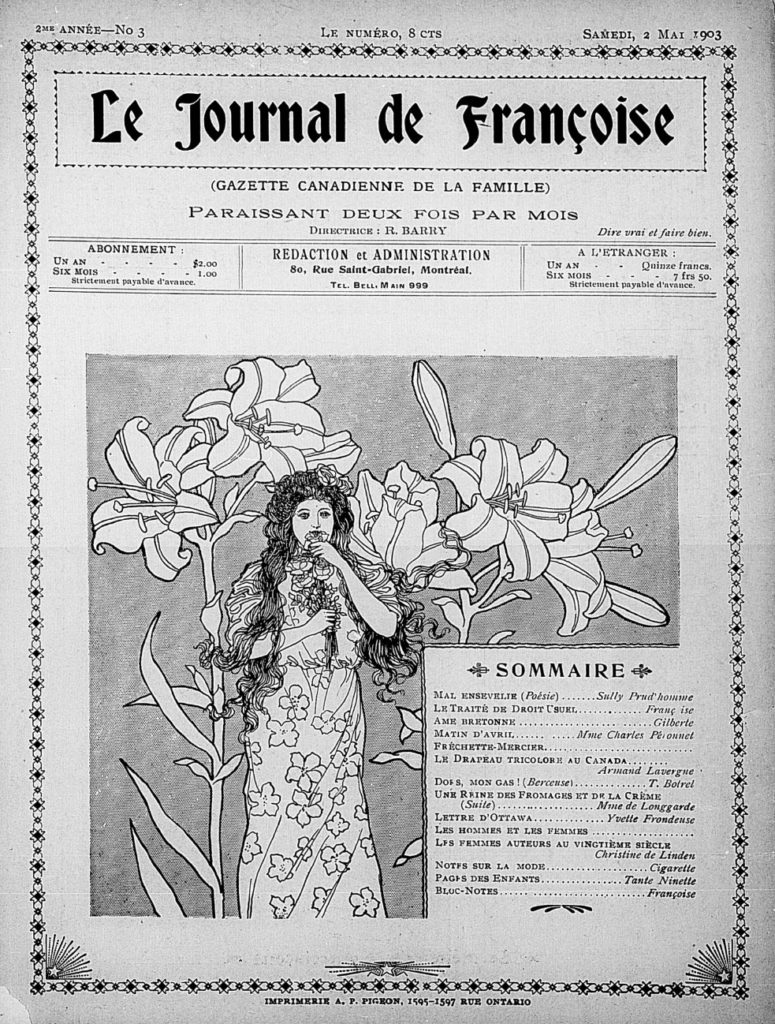Amy Kaufman (MRes History of the Book)
Like many IES students I had planned to spend the spring digging (very gently) through London’s rich archives and special collections rather than experiencing its arrival for a second time at my mother-in-law’s house in Muskoka, Canada. But the world being what it is, I have had to shift my research approach along with my residence in short order. There are certainly challenges to trying to write a thesis in Book History without…books. But I’d light to highlight some of the free resources that, in addition to Senate House Library’s existing resources and their great SHL Closure Additional Resources, have made it easier.
HathiTrust
When I am trying to find mentions of books in contemporary sources, I start with HathiTrust. I have found reviews in journals, citations in other books, and relevant letters to the editor in newspapers. HathiTrust can also search items that are still in copyright, but in order to stay within the law, it indicates which page your term appears on instead of giving full-text results. This can be very useful for identifying relevant recent publications that might be available as ebooks through the library. If you’re lucky, the relevant page might be included in a preview on Google Books.
Canadian Digitization Initiatives
I am grateful to be able to consult digital surrogates of books while libraries are closed. There are two digitization initiatives that have been particularly helpful for my research on the works of Canadian suffragists: Canadiana.ca, with its millions of pages of digitized heritage collections, and the University of Alberta’s Peel’s Prairie Provinces, which contains thousands of digitized historical books, newspapers, postcards, and maps related to western Canada.
WorldCat
When I find a reference to a book or article that I need but cannot access through my usual channels, my next step is to determine if an electronic copy actually exists. Worldcat can tell me this. Recently, I needed to look at a page from The Woman Suffrage Movement in Canada. It had last been reprinted in the 1970s, so I was not optimistic that it would be available as an ebook. However, by looking it up in WorldCat and then filtering my results by format, I found out that it was available as an ebook through DeGruyter, which we have access to right now through SHL Closure Additional Resources.

National Archives of Quebec
I had to brush up on my French for this one, but the National Archives of Quebec has a rich collection of digitized books, newspapers, and journals. When I was looking for reviews of a book entitled Traité de droit usuel (1902), the database pulled up relevant issues of an important early Quebec feminist publication, Le Journal de Françoise, with its fascinating politics and beautiful covers.
Abebooks
As much as digital surrogates are helpful, sometimes there is just no substitute for the real thing. I have now used Abebooks three times to locate print books that I just can’t do without. One was a first edition of Traité de droit usuel (1902), another was a first edition of The Handy Guide to the Laws of Ontario (1918) that still had its promotional book jacket, and the third was a copy of a secondary source that was not available digitally. I justify buying the books by observing that they usually cost less than a meal at a London restaurant – and I had budgeted for a few more meals there than I was able to eat. Is this how book collecting starts?
Librarians and Archivists
All the tools I have mentioned have been created and developed by humans, but sometimes you need the help of humans themselves. Even while the libraries and archives are physically closed, I have been able to communicate with librarians and archivists through virtual chat and email. Not only have I valued these human connections in this time of isolation, the librarians and archivists have been incredibly helpful in verifying information or promising to scan and send me needed material when their institutions reopen.
Wishing you all a beautiful Spring and productive research time wherever you find yourself these days.
Amy Kaufman is currently studying the MRes in the History of the Book at the Institute of English Studies.

